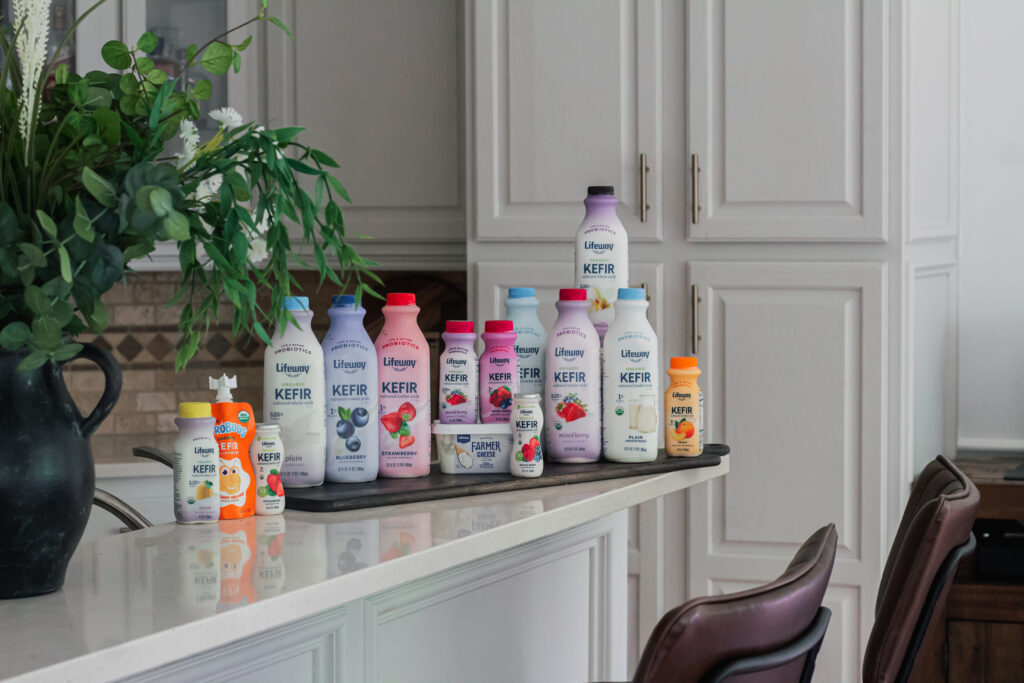
Ever wondered why some foods cause more bloating than others? If you’ve ever experienced excess flatulence or bloating, you know it can be extremely uncomfortable and unpleasant. While it might feel like gas tends to come at the most inconvenient times, there are a few things you can do to recognize why it happens and reduce the occurrence.
Gas and Bloat: Are they the Same?
Before we talk about the different ways to reduce gas, it’s important to make the distinction between gas and bloat:
Gas is just essentially extra air trapped in your body. We swallow air every time we eat, drink or chew gum. Daily movements (especially regular exercise) help move gas through your system and remove build-up. Belching and flatulence are natural ways your body copes with excess gas.
Bloating is a symptom of excess gas and is typically defined by the feeling of tightness and swelling in the stomach. Stomach pains and constipation can accompany bloating. Gas can occur without bloat, but bloat is almost always accompanied by gas.
What Causes Gas?
Abdominal discomfort can be caused by a number of things: the type of food, how much, and how fast you eat. Here are some common foods that are likely to contribute to intestinal gas:
- beans and legumes
- carbonated drinks
- cruciferous vegetables (examples: broccoli, brussels sprouts, cauliflower, and kale)
- artificial sweeteners
- foods with fructose (examples: candy, sweets)
- high starch foods (crackers, bagels, pretzels, etc)
In addition, eating habits such as eating too quickly, failing to chew completely, talking while eating or eating while standing can lead to gas as well. Examining how you eat can help you adjust and avoid habits that lead to bloating and gas.
What to Eat to Avoid Bloat
While there are a wide variety of foods that are known to cause gas, there are just as many that are used to relieve digestive problems. Here are some of the top options:
Ginger – ginger is often use for at calming a sensitive stomach. Whether consumed fresh or steeped in tea, it’s a warming and comforting option for bloating relief.
Kefir – though excess gas might be a side effect of lactose intolerance, kefir is up to 99% lactose-free, making it a suitable option for those with dairy sensitivities. Plus, it’s a rich source of probiotics that helps support a healthy digestive system. Start with drinking any of our delicious kefir flavors or add kefir to your favorite smoothie.
Pineapple – the digestive enzyme bromelain is found in pineapple which helps break down proteins in our body and improve overall digestion.
Peppermint – regardless of whether peppermint is in the form of tea or chewed leaves, peppermint is especially effective at relaxing stomach muscles and easing spasms.
Papaya – papain is an enzyme found in papaya that aids in digestion – fresh papaya is also high in water content to help flush out excessive water from the body that leads to bloating.
Ripe Bananas – foods high in potassium, such as bananas or avocados help regulate the sodium levels in our body to beat bloat. We love our superfood banana kefir smoothie bowl!
Fennel Seeds – fennel seeds are often chewed after meals in India, both to freshen breath and to stimulate the digestive system.
Bottom Line: Eat a variety of gut-friendly foods!
In addition to the list above, adding foods that are high in probiotics can help boost the healthy gut bacteria in our stomach and reduce excessive gas. Remember, everyone tolerates foods differently so it’s best try different foods and make note of what personally works best for your body. Foods like kefir, kimchi, and fermented foods are all great probiotic-rich options to try for boosting gut health and beating bloat!